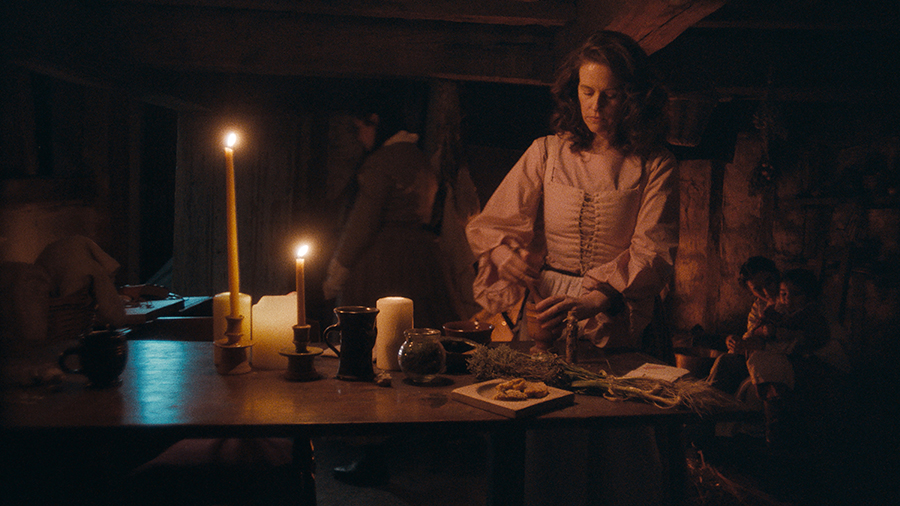Originally published in Frieze, November 2018.
‘There is a witchcraft to science and a science to witchcraft,’ declares Rain, resplendent in lipstick and eye-shadow the colour of agapanthus. She is the central character in Hello, Rain (2018), a short film by director C.J. Obasi, based on the story Hello, Moto (2011) by Nnedi Okorafor, a major name in the literary genre known to some as Afrofuturism. Rain, who is associated not only with technological expertise but also nature and spiritual knowledge, creates a trio of magical wigs, ‘to make things better’. But, in giving two of them to her well-off friends, Coco and Philo, she quickly loses control. Chaos ensues. The narrative begins with Rain attempting to destroy the wigs with a digital virus, defending herself with alligator pepper (used in Igbo naming ceremonies) and even praying to a God that she does not believe in. Both film and story form a warning: ‘Don’t ever mix juju with technology.’
In combining technology with diverse religious and magical practices, Okorafor’s writing and Obasi’s visually electric adaptation both point to a recent resurgence of interest in the complex figure of the witch among contemporary artists and writers, all approaching the subject from different contexts and perspectives. Currently on show at the Ashmolean Museum, Oxford, is ‘Spellbound’, an exhibition tracing a history of magic across eight centuries which also includes new work by artist-duo Ackroyd and Harvey, Annie Cattrell, and Katharine Dowson. Newly launched independent publishers Ignota Books have just released Spells, a collection of ‘21st century occult poetry’. In 2019, Penned in the Margins are publishing Witch, a new collection from poet Rebecca Tamás, one of the editors of Spells.
But why now? ‘The visibility of witchcraft today has its roots in long histories of oppression and instability,’ explains artist Hestia Peppe, currently researching for a practice-based PhD in divination as an expanded practice of reading at Sheffield Hallam. ‘Many are experiencing context collapse caused by war, climate change, massive digital noise, spectacle and algorithmic control. If agency and knowledge are withheld or obscured then you have to look for other ways to get them.’
Continue reading on Frieze.
